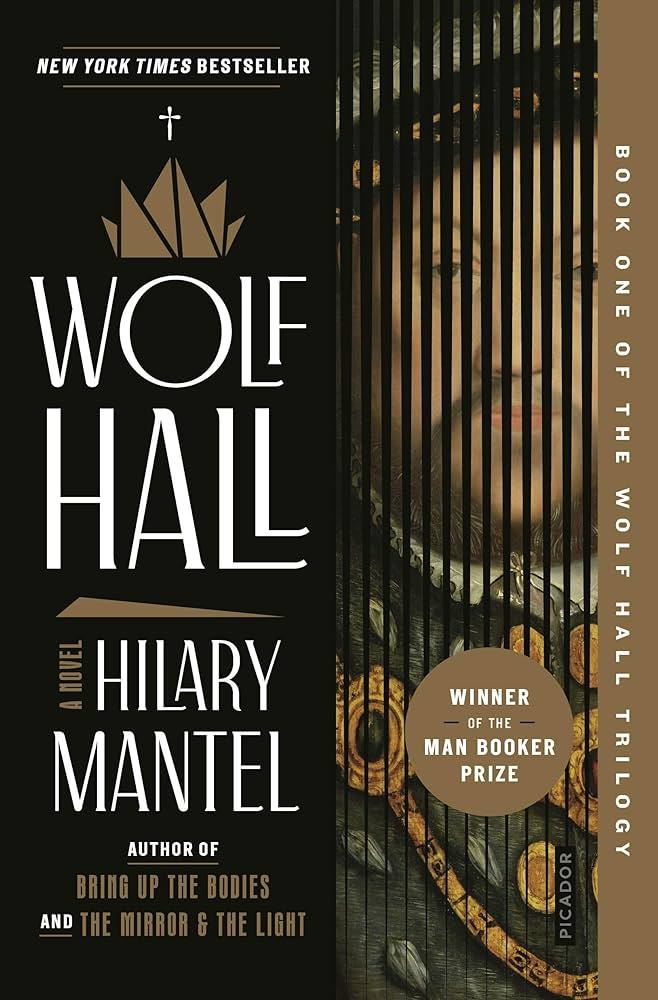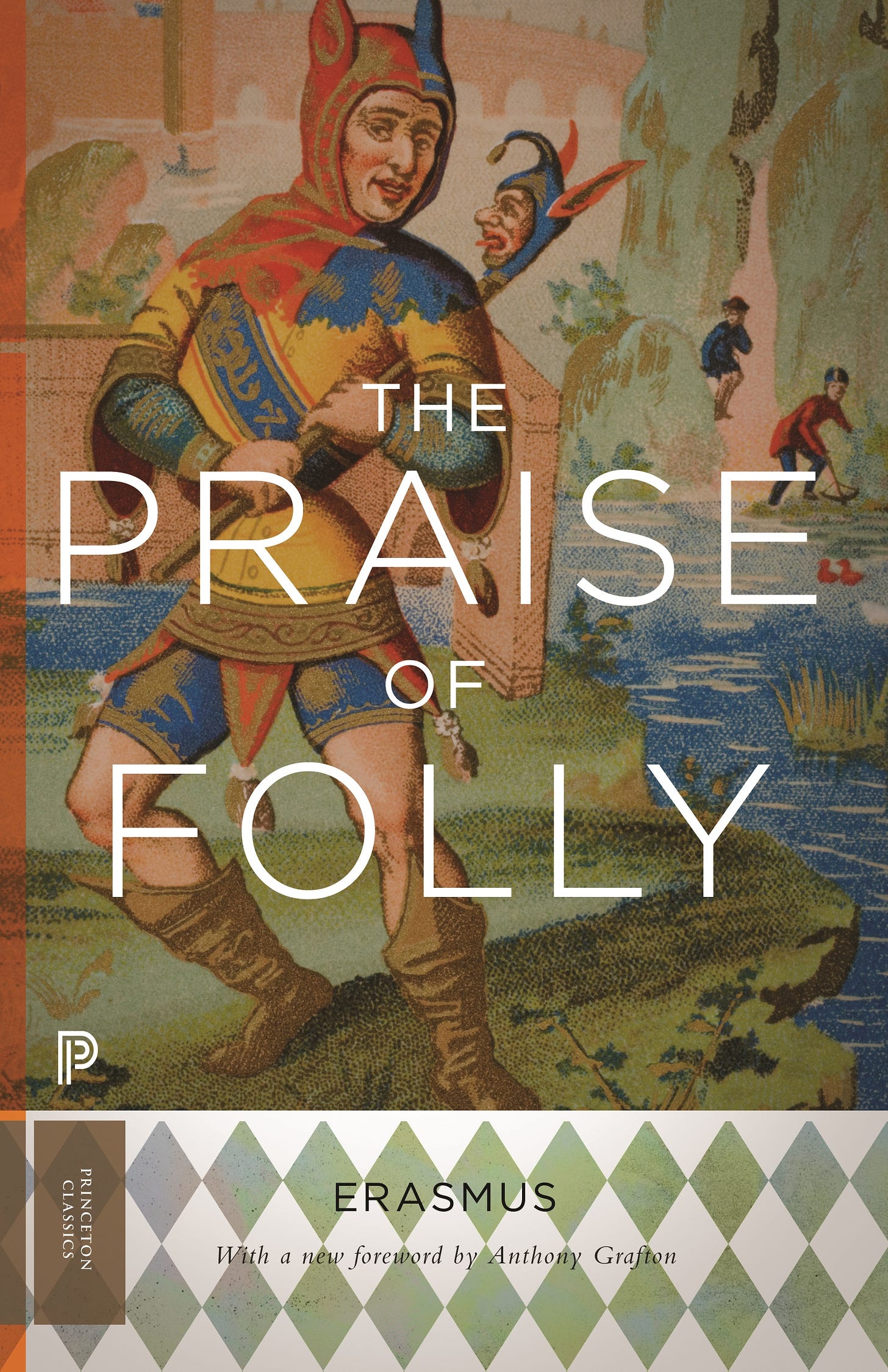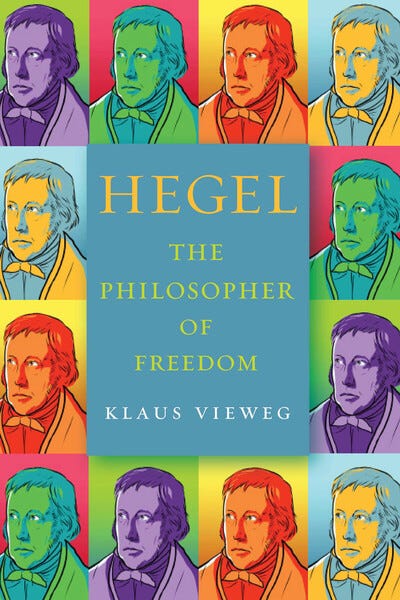Wolf Hall by Hilary Mantel
One of the perils of content creation, especially on YouTube, is that you need to speak in hyperbole in order to drum up interest. So, instead of saying ‘This is a very good book,’ you need to say something like ‘This is BEST book I’ve EVER read.’ (The capital letters are not optional.)
This is a frenetic mode of presentation — you are constantly leaping from one superlative to another. All sense of proportion is lost. In this context, mild praise becomes tantamount to criticism. And when you do encounter a novel that offers a transformative experience, that teaches you something new about what literature can be, you are unable to properly express it. It, like all others novels, is just the best thing ever — but being the best thing ever is no longer all that remarkable.
I say this to acknowledge that what I am about to say could sound trite, but I also say this so that you’ll believe when I say that I mean it. Wolf Hall by Hilary Mantel is a masterpiece. If it weren’t for the fact that I’m currently reading Moby-Dick and have a few other tried-and-true classics planned for the year, I would say it was a strong contender for the best novel I would read in 2024.
How does one ‘sell’ Wolf Hall? It is Tudor fiction, of which we have more than enough. Yet it does not read as stereotypical Tudor fiction: not stuffy, not pretentious, not yearning for a more elegant age. More generally it is historical fiction, and as an example of the genre it is quite powerful. The book grounds itself in history not through the plastering on of layer after layer of historical minutiae, but rather through creating psychologically-realized characters. Thomas Cromwell, Henry VIII’s leg-breaker and money man, is a man. Not a figure of history. A man. Through him we experience Henry, Anne Boleyn, Cardinal Wolsey, and the many other Thomases (Cranmer, Howard, More, etc.).
The prose is stunning in a way that I think is most characteristic of modern English. It is powerful and economical. The frequent refusal to name Cromwell, to only refer to him as ‘he’, reinforces that this is Cromwell’s story — not Henry’s, not Anne’s, not More’s, not Elizabeth’s.
The Praise of Folly by Desiderus Erasmus
This book may be the most delightful read of 2024 — and it certainly is the most delightful so far. Here Erasmus treats light things seriously. In the process, he has no problem poking fun at those who take themselves too seriously. Including the Stoics!
But give me a triple Stoic, or a quadruple one, or, if you will, a Stoic multiplied by six hundred; if for this purpose he will not put off his beard, the ensign of wisdom (though displayed also by goats), yet he will certainly lay by his gravity, smooth his brow, renounce his rock-bound principles, and for a few minutes toy and talk nonsense.
My only complaint is self-directed: I am sure this would be a more delightful read in Latin, and this book exceeds any language skills I possess. (Erasmus even includes a pun in the dedication to his friend Thomas More — but the pun only makes sense if you know the Latin title of the text is Moriae Encomium.)
Rationalism in Politics by Michael Oakeshott
In a recent post on friendship, I referenced two thinkers: Aristotle and Michael Oakeshott. Aristotle is probably familiar to you if you read Walking Away — and if you haven’t read the Nicomachean Ethics, I suggest you do that right now. But Michael Oakeshott may be unfamiliar to you. If that is the case, the book to read if Rationalism in Politics.
Oakeshott is a conservative thinker, though ‘conservative’ means something very particular in Oakeshott’s parlance. He was writing well before the fusionist consensus emerged in (at least) American conservatism, and you might think he wouldn’t particularly care about whatever consensus we Americans came to, anyway. Oakeshott’s influences and ideological compatriots are not so much Mill, Smith, Rand, and Rothbard, but rather idealists like Hegel and F.H. Bradley.
Politics for Oakeshott is not really an ideological enterprise. To insist that must be is to fall into what he calls rationalism. Instead, Oakeshott tries to ground a political stance in human experience. Thus a volume of essays about politics must include human interests like friendship and poetry.
Hegel: The Philosopher of Freedom by Klaus Vieweg
I’m engaged in a project to fill in various gaps in my philosophical education. Having studied at a primarily analytic department, my philosophical education was focused on logic and conceptual analysis, with the idea that philosophy is more-or-less continuous with contemporary science. History of philosophy was taught, but not to a great extent, and certain periods were left out entirely.
That means my knowledge of German Idealism is seriously lacking. I know a bit about Kant, though not enough to have any insights. I took a seminar on Hegel in my first year of graduate school, and I remember almost none of it. So I am turning to Kant and Hegel seriously this year.
To get this started, I have begun reading Klaus Vieweg’s biography of Hegel. I never quite know what to make of philosophers’ biographies. Should you focus on the life? The thought? The worst variety of philosophical biography tries to argue that a philosopher’s thought is just a reflection of their life, and so we focus on the life without thinking about reasons. So far, Viewag avoids this error.
And I must note that the cover is exceptional, at least by the standards of academic publishing.







